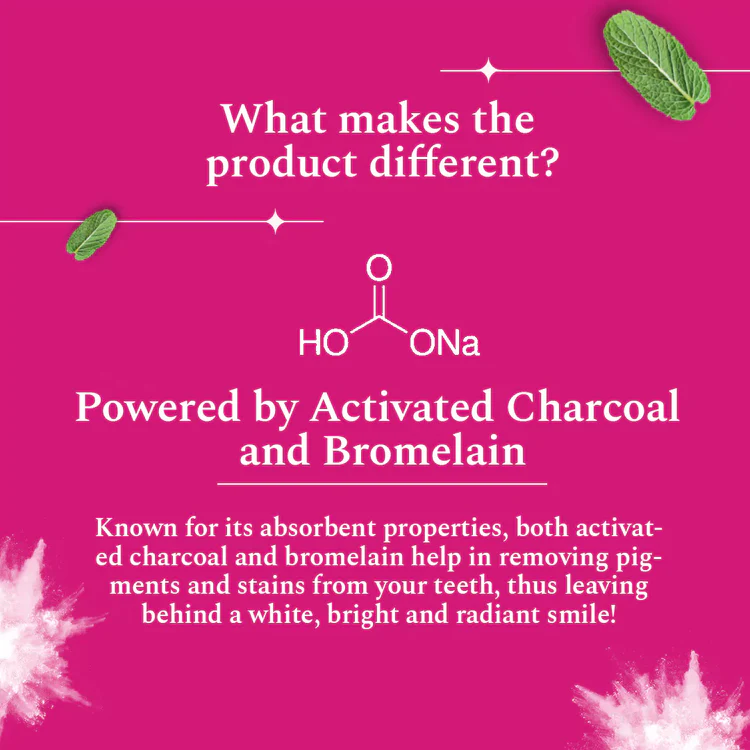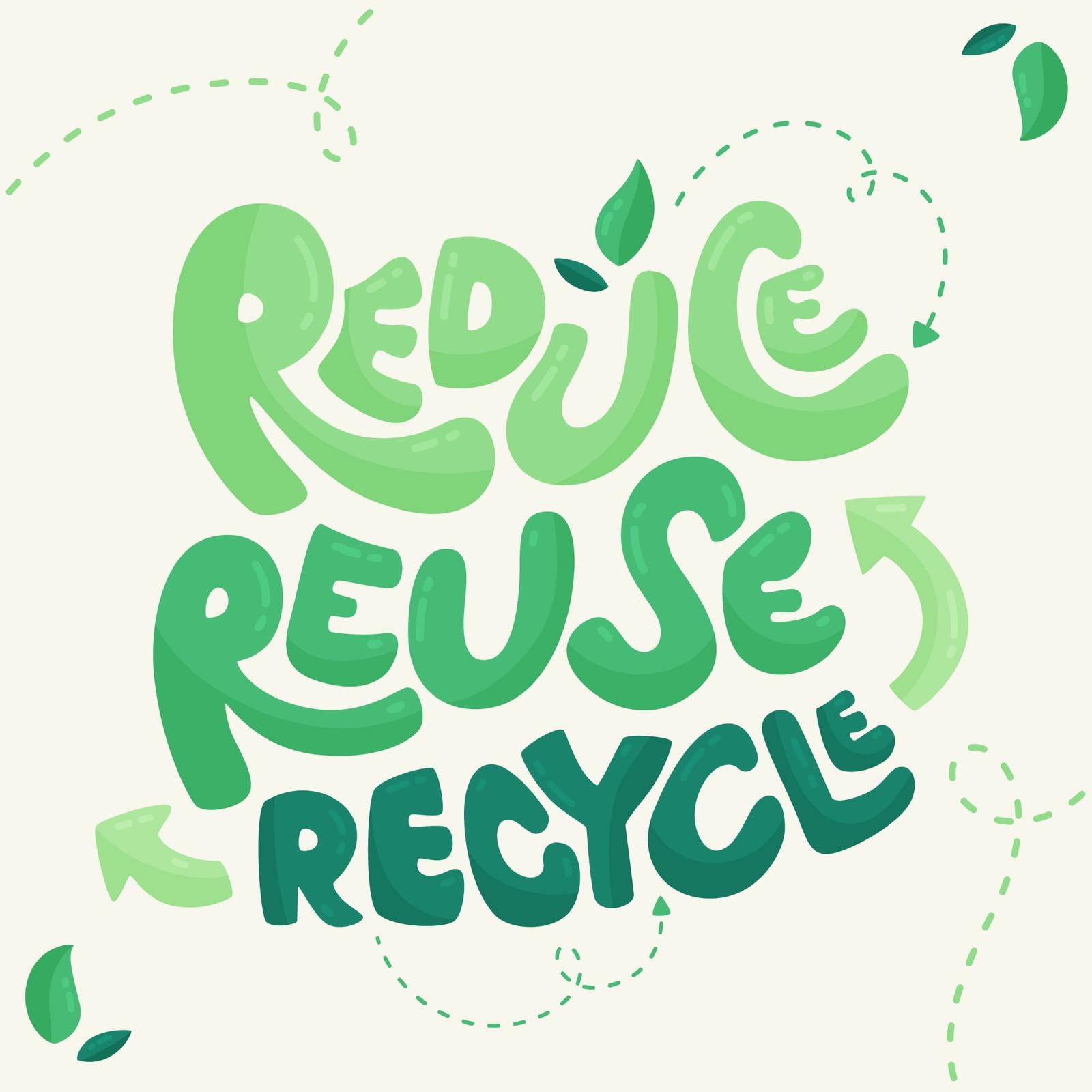Natural Oral Care, Teeth Whitening
Charcoal Teeth Whitening Powder – Watermelon Mint
₹299.0
- Rock salt teeth whitening powder is formulated with bromelain
- Bromelain is a proven ingredient to naturally whiten teeth
- Activated charcoal is a natural fighter which removes plaque and tartar
- Description
- Additional information
- Reviews (0)
- Q & A
- Sustainability Remark
- More Offers
- Store Policies
- Inquiries
| Weight | 0.05 kg |
|---|
You must be logged in to post a review.
Q & A
Ask a question
There are no questions yet
Sustainability Report
Raw Material Sourcing
- Activated Charcoal: Typically derived from coconut shells, which are a renewable resource. Coconut trees have a positive environmental impact, sequestering carbon and providing habitats for biodiversity.
- Watermelon Extract: Sourced from agricultural by-products, reducing waste.
- Mint Extract: Often sourced from organic farms which utilize sustainable farming practices.
Manufacturing Processes
- Energy Efficiency: Modern manufacturing facilities are designed to optimize energy use, employing renewable energy sources like solar and wind power.
- Water Use: Efficient water management practices are implemented to minimize water use and recycle water where possible.
Packaging
- Materials: Use of recyclable and biodegradable packaging materials reduces environmental impact.
- Design: Minimalistic design to reduce material use and waste.
Distribution
- Logistics: Optimized logistics to reduce transportation emissions, including the use of electric or fuel-efficient vehicles and optimized routing.
- Local Sourcing: Sourcing materials and manufacturing locally to reduce transportation distances.
Scientific Analysis
Carbon Footprint Analysis
- Raw Materials: The use of renewable and organic materials such as coconut shells for activated charcoal contributes to a lower carbon footprint compared to synthetic alternatives. Research shows that coconut shell-derived activated charcoal has a lower environmental impact .
- Manufacturing: The implementation of energy-efficient technologies and renewable energy sources in the manufacturing process reduces greenhouse gas emissions. Studies have indicated that manufacturing facilities powered by renewable energy can significantly lower their carbon footprints .
- Packaging: Utilizing biodegradable and recyclable materials for packaging further reduces the product's carbon footprint. Packaging contributes significantly to the overall carbon footprint of products, and sustainable packaging can reduce this by up to 50% .
- Distribution: By optimizing logistics and reducing transportation distances, the carbon emissions associated with product distribution are minimized. Research indicates that local sourcing and efficient logistics can cut transportation emissions by more than 30% .
References
- Sustainability of Coconut Shell Charcoal: Study on the environmental impact of using coconut shells for activated charcoal production.
- Energy Efficiency in Manufacturing: Analysis of the benefits of using renewable energy in manufacturing processes.
- Impact of Sustainable Packaging: Research on how biodegradable and recyclable packaging reduces carbon footprints.
- Optimized Logistics for Lower Emissions: Case studies on the impact of optimized logistics and local sourcing on transportation emissions.
No more offers for this product!
General Inquiries
There are no inquiries yet.













Reviews
There are no reviews yet.